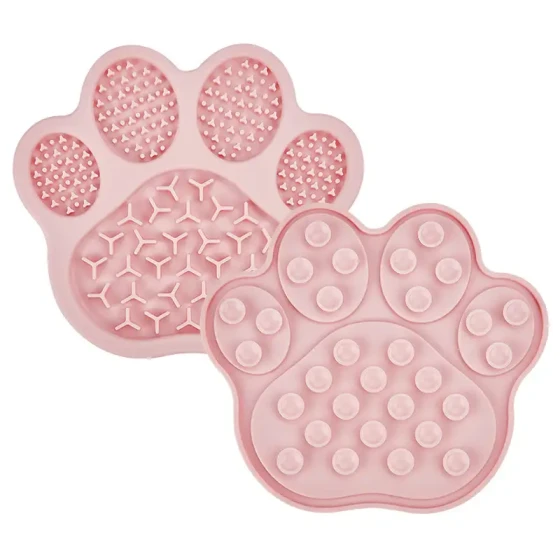Pet Owners Beware! What Issues Need Attention When Raising Dogs in Spring?
Spring is a season of warm flowers and great comfort, but during this pleasant season, friends who raise dogs need to be especially careful, making sure to achieve the four points of “sun protection, keeping warm, parasite control, and frequent grooming.” Moreover, spring is a high incidence period for diseases, so prevention is essential. Below, the Boqi Network editor will discuss the spring dog-raising strategy with everyone:

1. Although the weather gets warmer in spring, the temperature difference between day and night is relatively large, so owners still need to keep their dogs warm to avoid catching a cold. Additionally, the midday sunlight in spring is very good for letting dogs bask in the sun, but it is important to control the time and not let them stay too long under the sun.
2. When taking dogs out to play, try to avoid letting them play in grass or bushes for long periods, as parasites become active in spring and grass and bushes are common places where parasites gather and breed. Playing in these areas for an extended time easily leads to parasite invasion. Also, owners should regularly take their dogs for internal and external deworming.
3. Spring is the shedding season for dogs, which usually lasts several weeks. During the shedding period, owners need to help dogs brush their hair at least twice a day. This helps remove shed hair to avoid tangles and promotes blood circulation for a smoother shedding process. At the same time, it effectively helps prevent skin diseases.

4. Spring is a high-incidence period for infectious diseases and also a mating season for dogs. Therefore, it’s necessary to avoid close contact among dogs when going out, especially for owners who do not want their dogs to get pregnant. You can have your dog wear physiological pants. As for prevention measures against infectious diseases, regular vaccination is essential.
5. Pay attention to the increased wind and dust in spring, which easily causes respiratory problems in dogs. If your dog sneezes continuously, it is best to visit the hospital to check and avoid inflammation such as allergic rhinitis, tracheobronchitis, asthma, and pneumonia.



